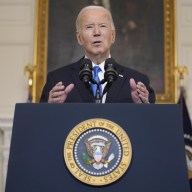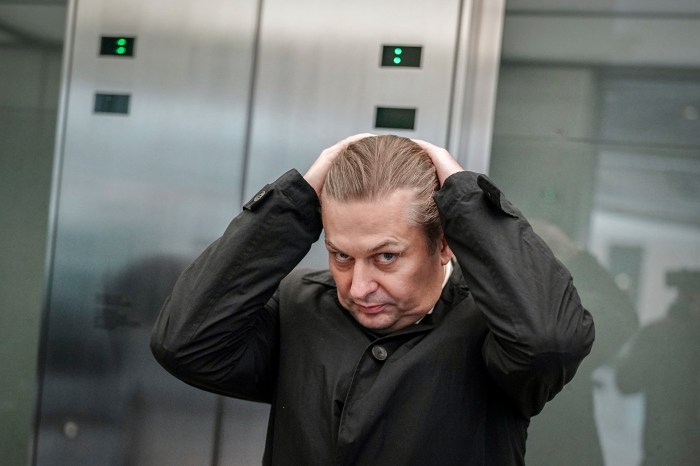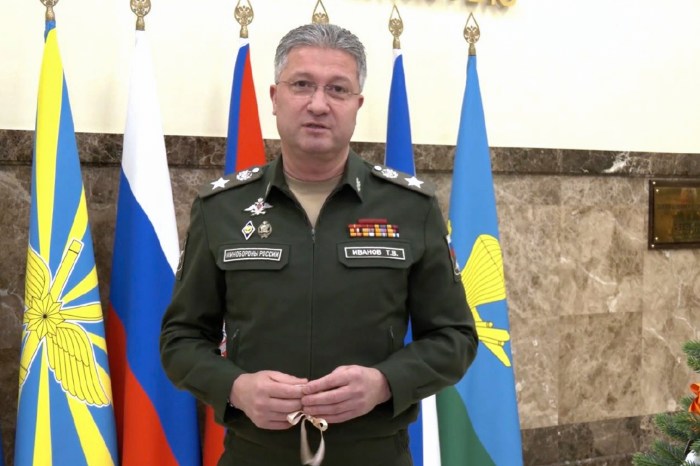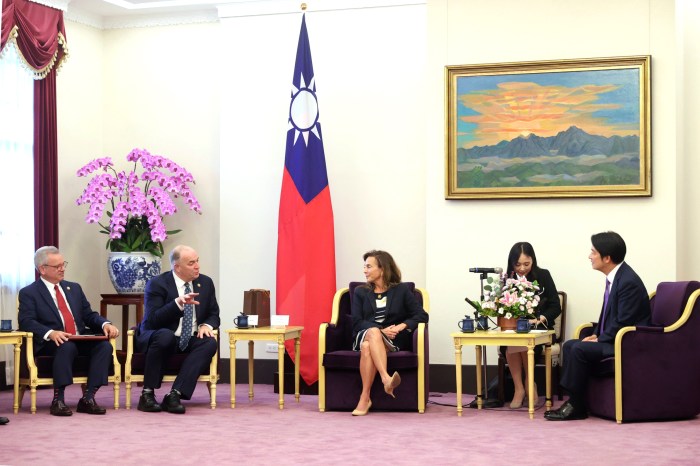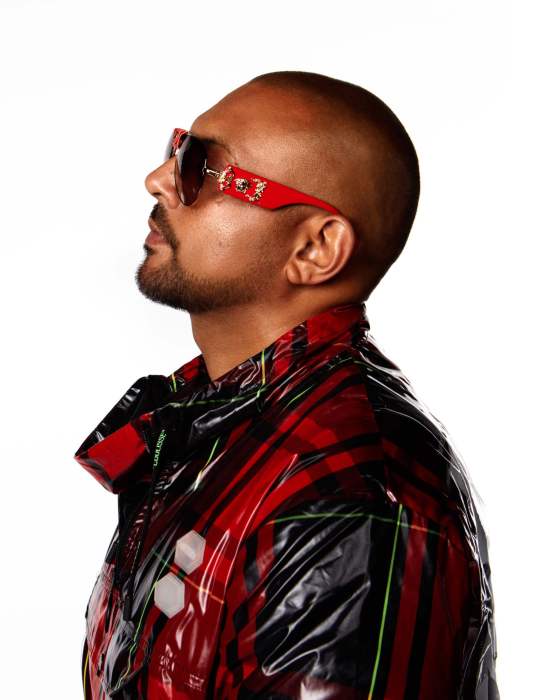By Mitra Taj and Marco Aquino
LIMA (Reuters) – Three months before he granted Alberto Fujimori a pardon on medical grounds, Peru’s President Pedro Pablo Kuczynski met the jailed former leader’s son, lawmaker Kenji Fujimori, to discuss his release, a source close to the president said.
After a ceremony at the ornate presidential palace where he grew up, Kenji asked Kuczynski to free his ailing father from prison and offered him political support in Congress in return, the source said on condition of anonymity.
A former Wall Street banker, Kuczynski was struggling to govern alongside the rightwing party, Popular Force, led by Fujimori’s daughter and twice-defeated presidential candidate Keiko Fujimori. Popular Force had used its majority in Congress to oust key ministers in Kuczynski’s government, delaying his plans to revive economic growth with infrastructure projects.
But Kuczynski found hope in Kenji, a 37-year-old congressman in Popular Force who was challenging his sister Keiko’s leadership of their father’s populist following.
Their meeting laid the foundation for a series of back-channel talks that paved the way for Fujimori’s release, less than halfway into a 25-year prison sentence for graft and human rights violations, the source said.
“That’s where trust in Kenji began,” the source told Reuters, in one of three meetings in recent weeks.
Mediators visited Fujimori half a dozen times in his jail cell as part of the negotiations, and communication between the executive and father-and-son duo has continued following the pardon, the source added.
Support from Kenji and his supporters in Congress will be crucial to Kuczynski as he seeks to calm the turmoil that has threatened his political survival and Peru’s status as one of the most promising emerging markets in Latin America.
Kuczynski’s spokesman did not respond to requests for comment. His office has repeatedly denied the pardon was a political deal.
Kenji’s spokesman denied the pardon was politically motivated.
Kuczynski said publicly in mid-2017 he was considering pardoning Fujimori, who at 79 suffers from heart and blood pressure problems, because he feared he would die in prison.
But two government sources and a former government official said a pardon had also been discussed as a way to divide Popular Force by giving Kenji a victory at the expense of Keiko.
KENJI’S AVENGERS
In their meeting in September, Kenji told Kuczynski that he and other disgruntled Popular Force lawmakers could help him govern through the end of his term in 2021, the source close to Kuczynski said.
The president planned to grant the pardon during the third week of December, but a push to impeach him led by Keiko’s loyalists provided an early test of the budding alliance with Kenji, said the source close to Kuczynski.
Kenji promised Kuczynski at least three or four votes to help thwart the impeachment motion, the source said.
In the end, nine Popular Force lawmakers followed Kenji in breaking with party ranks to help save Kuczynski. The president pardoned Fujimori just three days later, triggering protests, political resignations and calls from Kuczynski’s former leftist and centrist supporters for him to resign.
Elected in 1990, Fujimori, now 79, is a deeply divisive figure in Peru. While some consider him a corrupt dictator, others credit him with saving Peru from economic ruin and leftist rebels during his decade-long authoritarian rule.
Recent polls show a majority of Peruvians support the pardon, and Kenji’s approval rating has eclipsed his sister’s after it was granted.
Kenji is widely seen as having interest in running in 2021, when Kuczynski cannot seek reelection due to term limits. Once Fujimori was pardoned, he crossed “free my father” off of his to-do list for 2017 on Twitter, and posted a cartoon depicting his rebel faction in Popular Force as the superhero team the Avengers.
“Let’s work for governability,” Kenji wrote.
(Reporting By Mitra Taj and Marco Aquino, Editing By Caroline Stauffer and Andrew Hay)









